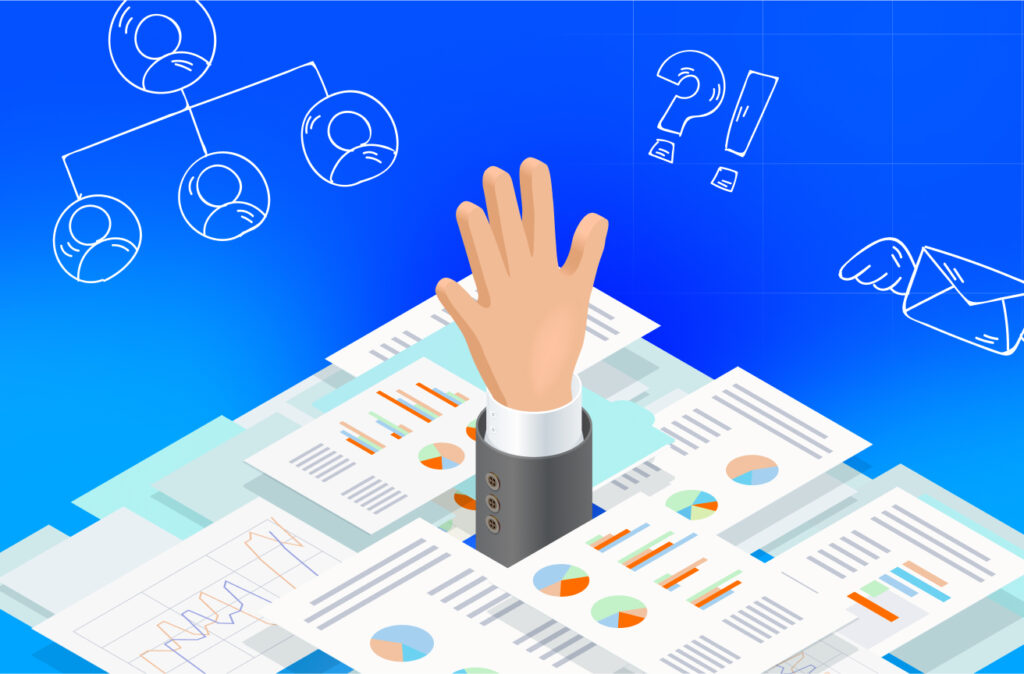Transforming product management with ERP integration

Every IT company knows the struggle: juggling product roadmaps, team collaboration, and resource allocation, often across multiple disconnected tools. It’s like trying to build a tower with mismatched blocks—frustrating and inefficient. That’s why an ERP system for IT companies is a game-changer. It doesn’t just streamline processes; it turns chaos into harmony and complexity into clarity.
Simplify the Complex with Smart Integration
Think of an ERP as the glue holding everything together. Instead of shuffling between spreadsheets and communication apps, your teams have one central hub for product management, data sharing, and performance tracking. Imagine a marketing team running a campaign that’s seamlessly aligned with the development schedule because everyone’s working from the same playbook. Efficiency skyrockets, and mistakes? Almost nonexistent.
Let’s look at the benefits in action. A company working on a new software product faces constant communication challenges between developers, marketers, and project managers. With ERP, real-time data updates ensure everyone has the same information. The result? Fewer bottlenecks, faster time-to-market, and happier teams.
ERP doesn’t just make processes faster; it makes them smarter. Businesses leveraging this tool can:
- Automate repetitive tasks, such as progress reports or resource allocation.
- Monitor performance metrics across teams in real-time.
- Unify communication, fostering collaboration and reducing siloed workflows.
- Provide a single source of truth that eliminates conflicting data.
Boost Performance Across Departments
Integration isn’t just about connecting tools; it’s about connecting people. Whether it’s marketing, development, or HR, everyone benefits when workflows are streamlined. Take ERP for marketers and marketing teams, for instance. Marketers can align campaigns with real-time product updates, ensuring their efforts are always relevant and impactful. Imagine launching a product feature and having the marketing campaign ready to go at the exact moment of release—no delays, no confusion.
Here’s what ERP can do for marketing:
- Provide a centralized dashboard for tracking campaign progress.
- Enable automated syncing of marketing and product management tools.
- Offer detailed performance analytics to measure ROI with precision.
- Foster alignment between development and marketing teams for better outcomes.
The same goes for operations teams. By automating workflows and reducing manual intervention, ERP lets your staff focus on value-adding tasks. It’s a win-win for efficiency and morale.
People First: The Human Side of ERP
At the heart of every IT business are the people who make it all happen. Managing employees efficiently is critical, especially in a fast-paced industry. That’s where ERP for staff management comes into play. From tracking attendance to monitoring performance, ERP systems give HR teams the tools to support their workforce while driving business growth.
Imagine HR managers being able to automate attendance tracking, generate performance reports in seconds, and identify training needs with just a few clicks. These features don’t just save time; they make HR teams more proactive. Employees feel seen and supported when their needs are met without unnecessary bureaucracy.
Key benefits of ERP for staff management include:
- Automated employee tracking for seamless data collection.
- Real-time insights into team performance and resource allocation.
- Simplified processes for onboarding, evaluations, and payroll.
- Support for hybrid or remote work environments through virtual tracking tools.
Why IT Companies Can’t Ignore ERP
Still on the fence? Consider this: IT companies that adopt ERP systems often see improved productivity, reduced costs, and happier teams. When your systems work together, your people can too. Whether you’re a startup or an established enterprise, ERP is the key to staying competitive in an ever-evolving market.
For example, a fast-growing SaaS company using ERP can manage its rapid expansion without missing a beat. Teams stay aligned, resources are allocated efficiently, and customer satisfaction improves thanks to streamlined service delivery.
In short, an ERP solution isn’t just software—it’s your partner in growth, helping you deliver better products, foster stronger collaboration, and create a more agile organization.






